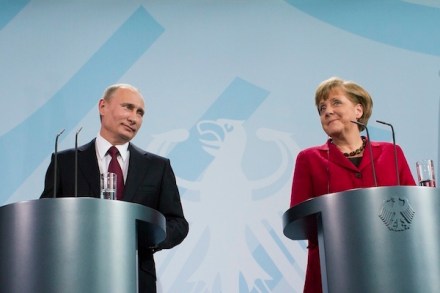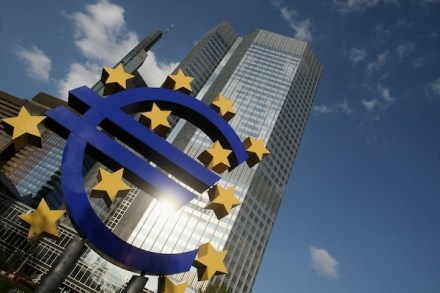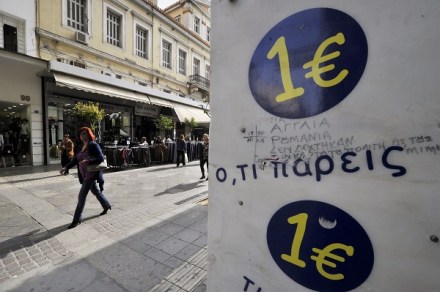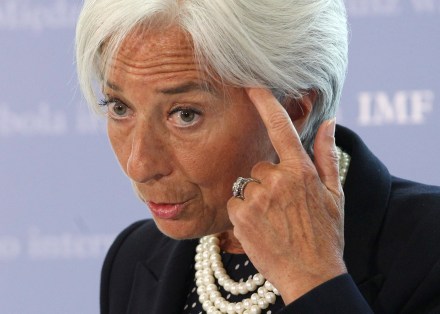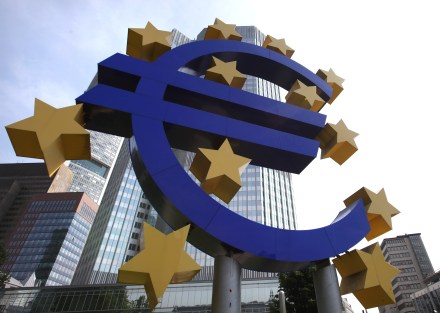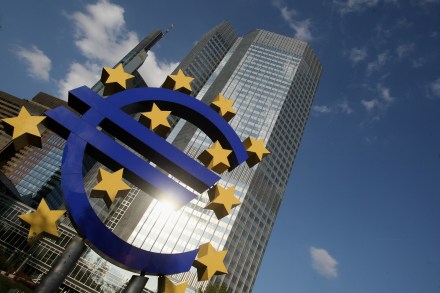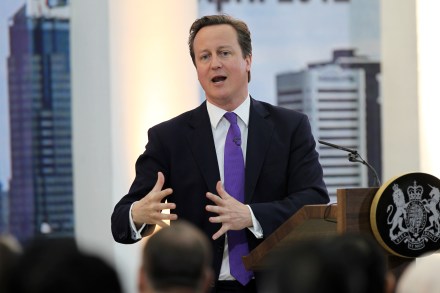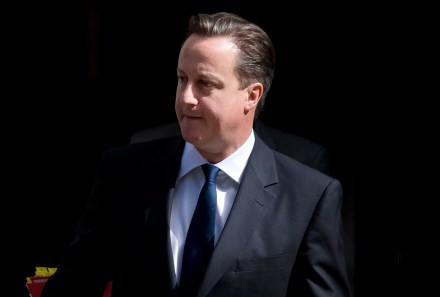The pernicious myth of powerlessness
‘Corruption,’ wrote Edward Gibbon in his peerless Decline and Fall of the Roman Empire, is ‘the most infallible symptom of constitutional liberty.’ I was reminded of this phrase when thinking about the Eurozone crisis. Commentators present a dichotomy between the discipline of northern Europe and the frivolity of southern Europe, which is characterised by bureaucratic, judicial and political corruption. Brussels has already imposed technocratic governments on Italy and Greece, and seeks to force Teutonic virtues on those economies. Constitutional liberty is to be limited in the hope of eradicating corruption (both in a literal and figurative sense) in southern Europe. Unsurprisingly, this new imperium is not universally popular: witness the
